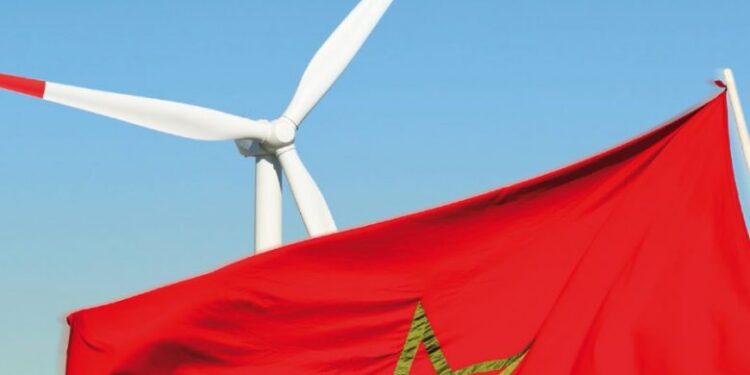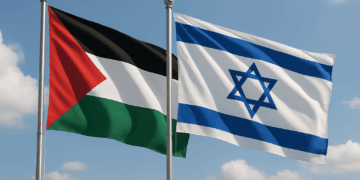Leila Benali, Morocco’s Minister of Energy Transition and Sustainable Development, said that her country needs investments exceeding $40 billion over the next five years to implement the goals of the national energy strategy and increase the contribution of renewable energy sources to national electricity production.
In a press interview conducted on the sidelines of the OPEC symposium in Vienna, the minister explained that these investments will be distributed over $20 billion toward renewable energy and energy efficiency projects, and a similar amount toward electricity interconnection projects between Africa and Europe, as part of Morocco’s ambition to transform itself into a regional clean energy hub.
Benali confirmed that the contribution of renewable energy to Morocco’s electricity grid currently exceeds 45%, and that it is on track to reach 52% by 2030, the previously set target. However, she stressed the need to accelerate the development of battery storage projects to enhance the Kingdom’s ability to integrate greater quantities of renewable energy into the grid, in addition to the importance of natural gas in the future energy mix. Regarding electricity capacity, the minister explained that Morocco plans to more than double its generation capacity to 27 gigawatts by 2030, compared to the current 12 gigawatts, with investments of approximately $13 billion. She noted that 80% of this increase will rely on renewable energy sources.
Benali also addressed the Morocco-Nigeria gas pipeline project, confirming that work is underway in coordination with Nigeria on this massive project, which costs more than $20 billion and will contribute to strengthening the Kingdom’s gas infrastructure. The minister announced an expected $6 billion investment, to be announced in late July, aimed at connecting the port of Nador in northern Morocco with the city of Dakhla in the south. This is the first phase of the pipeline, which will later reach Mauritania and Senegal.
The Morocco-Nigeria gas pipeline is expected to transport approximately 3 billion cubic feet of natural gas per day, passing through 11 countries on the West African coast and reaching Europe via the Maghreb-Europe gas pipeline. The minister confirmed that non-sovereign investment and infrastructure funds have expressed interest in participating in the project, given its stable returns exceeding 10%.
Separately, a recent report indicated that Morocco has initially selected six major green hydrogen projects with a total investment of $32.6 billion, as part of its ambitious plan to meet 4% of the world’s green hydrogen needs. These projects involve international consortiums from Saudi Arabia, the UAE, the United States, China, Germany, and Spain, and include the production of green ammonia, synthetic fuels, and green steel, leveraging its abundant solar and wind energy resources and its network of coastal ports.
The Kingdom seeks to attract projects in the field of green hydrogen and its derivatives, potentially valued at $300 billion, strengthening its regional and international position as a leading clean energy hub in the coming decades.







